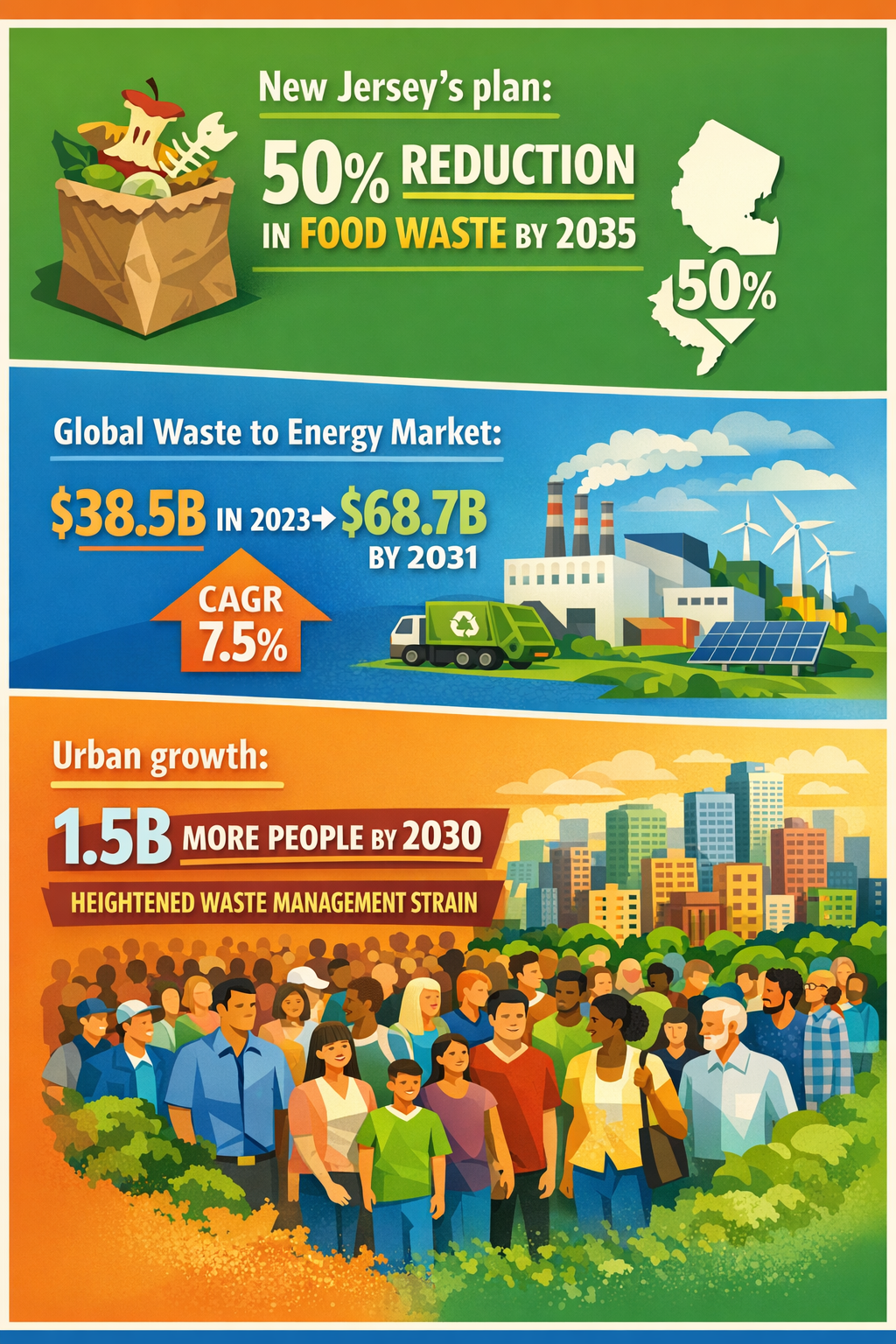Future of Energy Markets: The Rise of Peer-to-Peer Renewable Energy Trading
The global energy landscape is undergoing a subtle yet profound transformation catalyzed by digital innovation, decentralization, and shifts in consumer behavior. Among several emerging weak signals, peer-to-peer (P2P) renewable energy trading is beginning to surface as a trend with potential to disrupt traditional energy markets, utilities, and regulatory frameworks within the next 5 to 20 years. This development could reshape energy production, consumption, and distribution by empowering consumers as prosumers—both producers and consumers of energy—enabled by blockchain technology, smart grids, and evolving policy environments.
What’s Changing?
Peer-to-peer renewable energy trading leverages distributed ledger technology such as blockchain to allow individual households and businesses with solar panels, wind turbines, or other small-scale renewable energy sources to trade surplus energy directly with peers, bypassing traditional utilities or centralized grid operators. Several recent developments highlight this shift:
- Decentralized energy systems increasingly deploy smart meters and Internet of Things (IoT) devices that enable real-time data sharing and automated transactions at the neighborhood or community level. For instance, pilot projects in Australia, the Netherlands, and Singapore are using blockchain platforms to test local energy markets where prosumers can seamlessly buy and sell stored or excess renewable energy. (BloombergNEF)
- Regulatory environments are slowly adapting. Some governments and utilities are beginning to permit or incentivize microgrid development and community energy schemes, making peer-to-peer trading feasible under certain conditions, including feed-in tariffs and smart grid subsidies. (International Energy Agency)
- Large energy companies are experimenting with blockchain and P2P platforms. For example, companies such as Shell and Siemens have launched pilot programs linking blockchain with renewable energy certificates to enable transparent, traceable energy sales at the consumer level. (Shell)
- Battery storage technology advancements and cost reductions make it more practical for households and commercial properties to store electricity and engage in trading, breaking free from the constraints of grid-dependent consumption. (U.S. Department of Energy)
- Social and environmental awareness among consumers is increasing demand for localized, renewable energy options, which encourages grassroots energy communities and peer-to-peer transactions rather than reliance on fossil-fuel-based grid systems.
Why Is This Important?
The rise of peer-to-peer renewable energy trading challenges the conventional utility model that historically relies on centralized generation and distribution. This shift is important for several reasons:
- Market and Industry Disruption: Utilities, traditionally monopolistic or heavily regulated entities, may face new competition from decentralized prosumers, potentially eroding revenue streams tied to energy sales and grid services.
- Consumer Empowerment: Consumers able to trade excess renewable energy could lower energy costs, gain income opportunities, and exercise greater control over energy consumption, incentivizing wider renewable adoption.
- Grid Resilience and Efficiency: Distributed generation and storage combined with P2P trading may reduce transmission losses, bolster grid resilience against outages, and ease peak demand pressures.
- Policy and Regulatory Reimagining: Governments and regulators might need to create new frameworks addressing decentralization, data privacy, cybersecurity, tariff structures, and equitable access to avoid creating new inequalities or market distortions.
- Environmental Impact: Facilitating more use of localized renewable energy could accelerate decarbonization efforts and contribute to climate goals by decreasing dependence on fossil-fuel-based energy.
Implications
As peer-to-peer renewable energy trading develops, its disruptive potential could materialize across multiple sectors. Key implications include:
- Energy Companies and Utilities: They could transition toward becoming service providers, platform operators, or data managers rather than sole energy suppliers. Business models may pivot to integrating digital infrastructure, offering flexible tariffs, and supporting energy communities.
- Technology Providers: Demand for secure, scalable, and transparent blockchain applications combined with IoT-enabled smart grids might accelerate innovation and partnerships between energy and technology firms.
- Government and Regulators: Updating policies around grid access, market competition, taxation, consumer protection, and cybersecurity will be critical. Regulatory sandboxes and pilot programs may become more common to test these novel market dynamics.
- Consumers and Communities: Adoption could create more localized resilience and economic opportunity, particularly in remote or underserved areas. However, equity challenges could arise if technology access or initial investment costs limit participation for lower-income groups.
- Financial Markets and Investors: New financing models for distributed generation and storage, such as community financing schemes, energy tokens, or green bonds, could emerge around this trend.
Strategic planning must consider how energy decentralization might unfold differently in various jurisdictions, technology adoption rates, and consumer engagement levels. Organizations should monitor technological advances, regulatory signals, and pilot project results on P2P energy trading to adapt proactively.
Questions
- How might traditional utilities restructure their business models to accommodate or compete with decentralized energy markets?
- What regulatory innovations are required to ensure equitable access, data security, and system reliability in peer-to-peer energy trading networks?
- How could blockchain and smart contract technologies evolve to handle the scale and complexity of mass consumer-to-consumer energy transactions?
- What business opportunities might arise for technology providers, financial institutions, and consumer cooperatives within decentralized energy ecosystems?
- How might socio-economic divides affect the adoption and benefits of peer-to-peer energy trading in different regions or communities?
Keywords
peer-to-peer energy trading; blockchain energy markets; decentralized energy; smart grid; renewable energy; energy prosumers; energy market disruption
Bibliography
- Blockchain and Peer-to-Peer Energy Markets. BloombergNEF. https://about.bnef.com/blog/blockchain-peers-energy-markets/
- Digitalization and Energy. International Energy Agency. https://www.iea.org/reports/digitalization-and-energy
- Shell and Blockchain for Renewable Energy Trading. Shell. https://www.shell.com/energy-and-innovation/shell-startup-engage-blockchain.html
- Battery Storage for Renewable Energy. U.S. Department of Energy. https://www.energy.gov/eere/vehicles/articles/battery-storage

